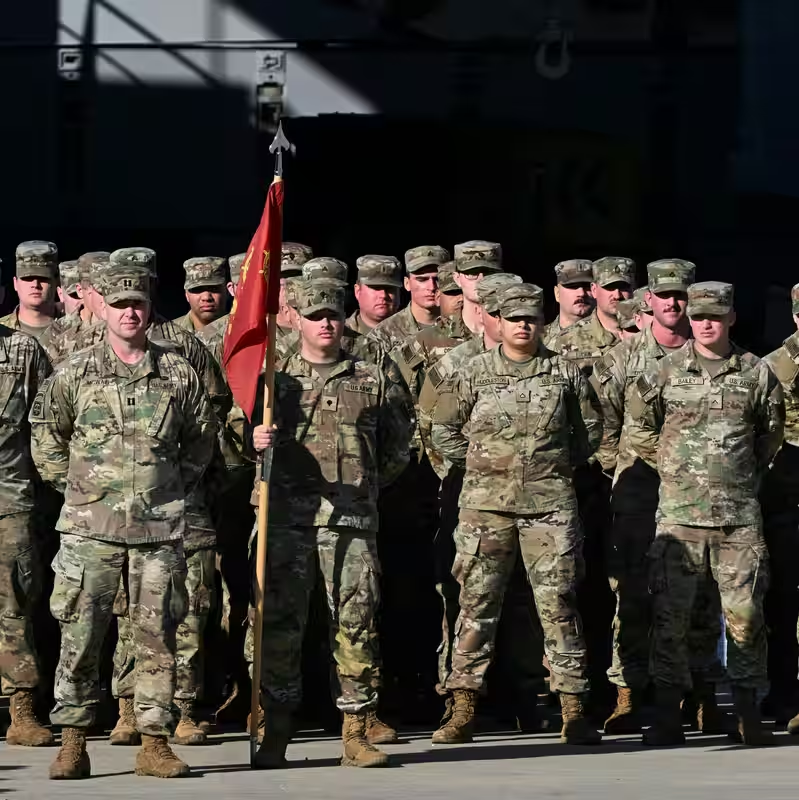In a significant move to bolster regional stability, the United States is deploying 200 troops to Israel to support the implementation of the fragile Gaza ceasefire agreement. Announced on Thursday, October 9, 2025, this deployment marks a new phase in U.S. involvement—not on the front lines, but behind the scenes as coordinators, planners, and logistical experts .
Table of Contents
- Mission Details: Support, Not Combat
- The Civil-Military Coordination Center
- A Broader International Effort
- Who Are These 200 U.S. Troops?
- Strategic Implications for U.S. Foreign Policy
- Public and Political Reactions
- Sources
Mission Details: Support, Not Combat
The U.S. troop deployment to Israel is strictly non-combat. According to senior U.S. officials, these personnel will not enter Gaza. Instead, their role is to help manage the complex logistics of ceasefire enforcement, humanitarian aid delivery, and security coordination between multiple stakeholders .
The Civil-Military Coordination Center
Under the command of Admiral Brad Cooper of U.S. Central Command, a new civil-military coordination center will be established in Israel. This hub will serve as the nerve center for military, diplomatic, and humanitarian efforts tied to the ceasefire. Experts from various fields—including logistics, intelligence, and crisis response—will work side by side to ensure smooth execution of the agreement.
A Broader International Effort
The U.S. is not acting alone. Troops and representatives from Egypt, Qatar, Turkey, and the United Arab Emirates are also participating in oversight roles. This multinational coalition reflects a rare moment of regional alignment aimed at stabilizing Gaza and preventing further escalation.
Who Are These 200 U.S. Troops?
Far from frontline soldiers, the 200 personnel are specialists in support functions:
- Military planners with experience in complex ceasefires
- Logistics coordinators skilled in aid distribution
- Security advisors trained in civil-military operations
- Communications experts for inter-agency liaison
The first wave has already arrived in Israel, with the remainder expected by the weekend to begin setting up operations.
Strategic Implications for U.S. Foreign Policy
This deployment underscores America’s continued commitment to Middle East diplomacy under the current administration. By focusing on coordination rather than combat, the U.S. aims to project leadership without deepening military entanglement—a delicate balance in a region fraught with historical tensions.
Public and Political Reactions
Initial reactions have been cautiously optimistic. Humanitarian organizations welcome the structured aid coordination, while some lawmakers have urged transparency about mission scope and duration. The White House has emphasized that this is a time-bound, objective-driven mission tied directly to the ceasefire’s success.
Final Thoughts
The U.S. troop deployment to Israel may be small in number, but it carries outsized diplomatic weight. In a region where trust is scarce and stakes are high, even 200 experts could make the difference between a lasting peace and another cycle of violence.




